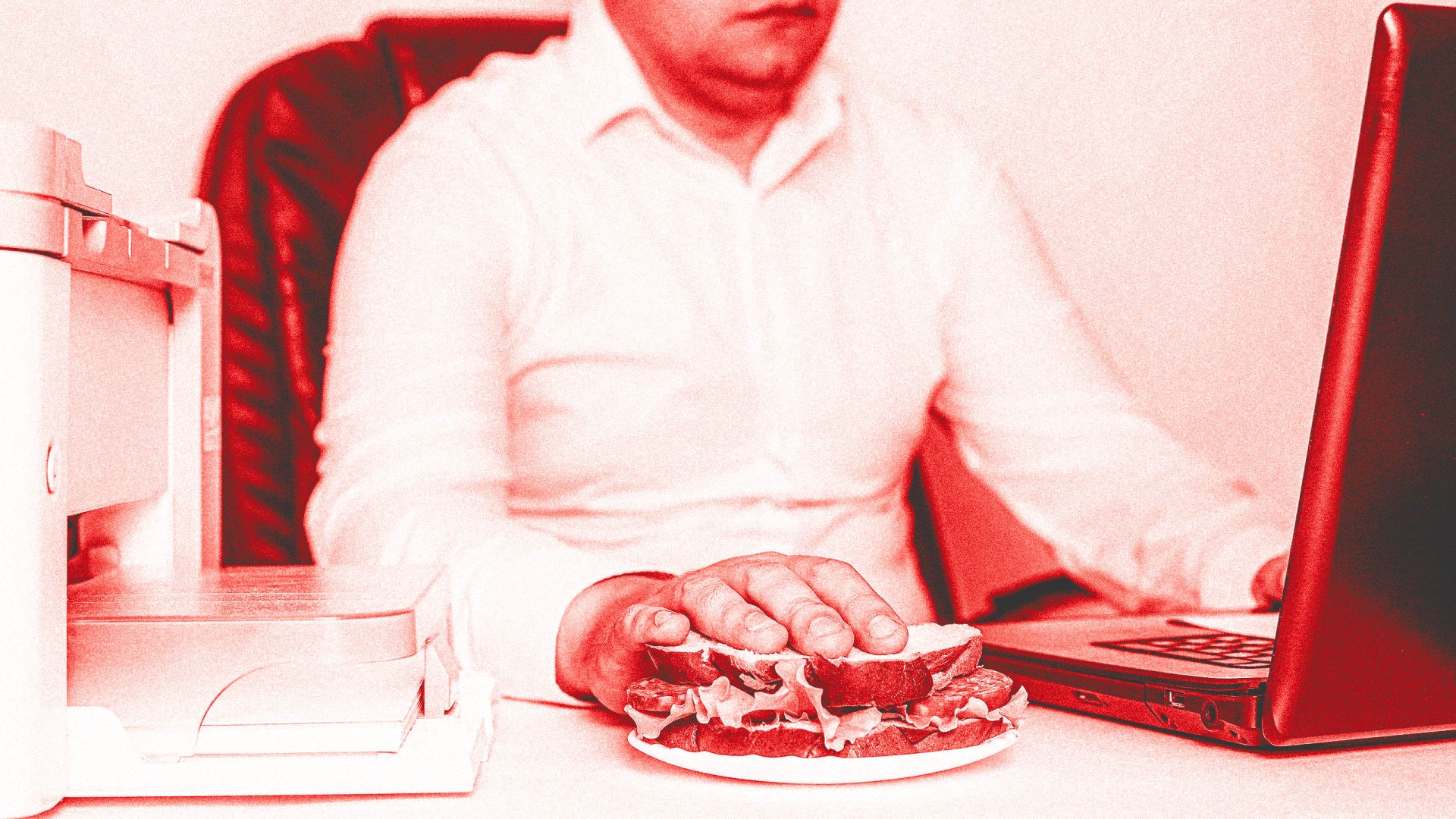These are the biggest pet peeves about the office, according to new research
These are the biggest pet peeves about the office, according to new research
Data from Owl Labs finds that American workers are fed up with loud talking and unpleasant smells in the office.
As companies have doubled down on in-person requirements for hybrid teams, many employees have tried to find workarounds to avoid spending more time in the office than necessary. Fast Company recently wrote about the rise in “coffee badging,” the practice of people making an appearance in the office (long enough to just grab a coffee) to comply with company return-to-office policies.
In a 2023 report from video conferencing tech startup Owl Labs, more than half of workers said they were coffee badging. Employers are now catching on, as evidenced by a new Business Insider report that Amazon is now requiring workers to spend at least two hours in the office—or even up to six hours depending on the team—for it to count toward their weekly in-office policy.
There are, of course, many reasons why workers might want to avoid the office and preserve the flexibility they once had with full-time remote work. According to new data from Owl Labs, a majority of workers surveyed said the office was too distracting and loud—and not just because of the incessant chatter from their colleagues; some workers also flagged “bad music” and “loud eating” as pet peeves.
More than 50% of workers said bad smells were a key issue, from “smelly food” to strong odors that emanated from the bathroom. Others cited uncomfortable furniture and temperatures that were too low or too high, an issue that has long plagued office workers and has been exacerbated by climate change. Even “bad coffee” was a core issue for a handful of workers (13%!).
As companies press on with hybrid arrangements and in-office requirements, it has become clear that they can’t turn back the clock. Many employees don’t want to give up the flexibility they secured through remote work arrangements during the height of the pandemic—and tech companies have already lost top talent over stringent return-to-office policies.
According to Owl Labs, nearly 40% of workers would quit their jobs if they could no longer work from home, and more than half would even take a pay cut in exchange for being able to work remotely. Amid a difficult job market, plenty of workers still seem willing to jump ship to preserve the benefits of remote work—and avoid their biggest in-office pet peeves.
ABOUT THE AUTHOR
(9)



